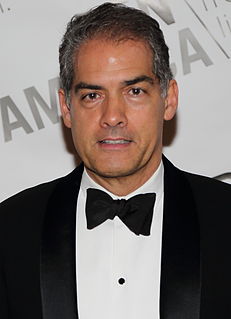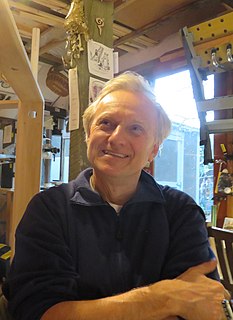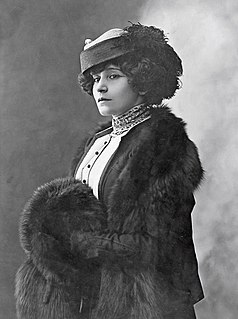A Quote by Arthur B. Robinson
The Henty books provide training in history and in many of the highest aspects of human character... American young people should read not a few Henty books, but all 99 of them.
Related Quotes
Electronic books are ideal for people who value the information contained in them, or who have vision problems, or who like to read on the subway, or who do not want other people to see how they are amusing themselves, or who have storage and clutter issues, but they are useless for people who are engaged in an intense, lifelong love affair with books. Books that we can touch; books that we can smell; books that we can depend on.
We are in a great school, and we should be diligent to learn, and continue to store up the knowledge of heaven and of earth, and read good books, although I cannot say that I would recommend the reading of all books, for it is not all books which are good. Read good books, and extract from them wisdom and understanding as much as you possibly can, aided by the Spirit of God. (JD 12:124)
Few people ask from books what books can give us. Most commonly we come to books with blurred and divided minds, asking of fiction that it shall be true, of poetry that it shall be false, of biography that it shall be flattering, of history that it shall enforce our own prejudices. If we could banish all such preconceptions when we read, that would be an admirable beginning.
Certainly I do not wish that instead of these masters I had read baby books, written down to children, and with such ignorant dullness that they blunt the sense and corrupt the tastes of the still plastic human being. But I do wish that I had read no books at all till later - that I had lived with toys, and played in the open air. Children should not cull the fruits of reflection and observation early, but expand in the sun, and let thoughts come to them. They should not through books antedate their actual experiences.


































